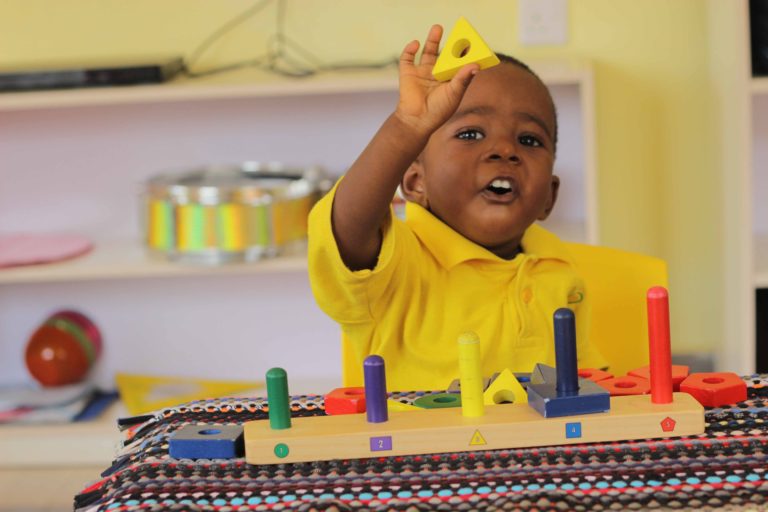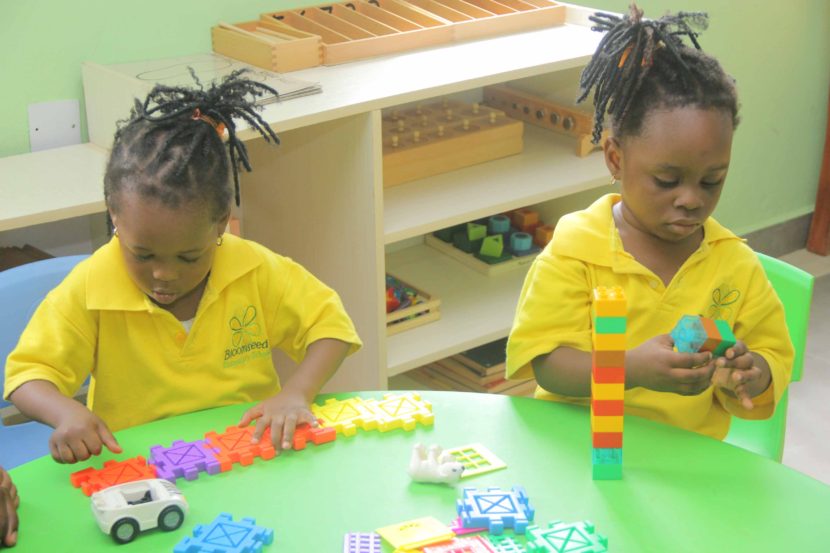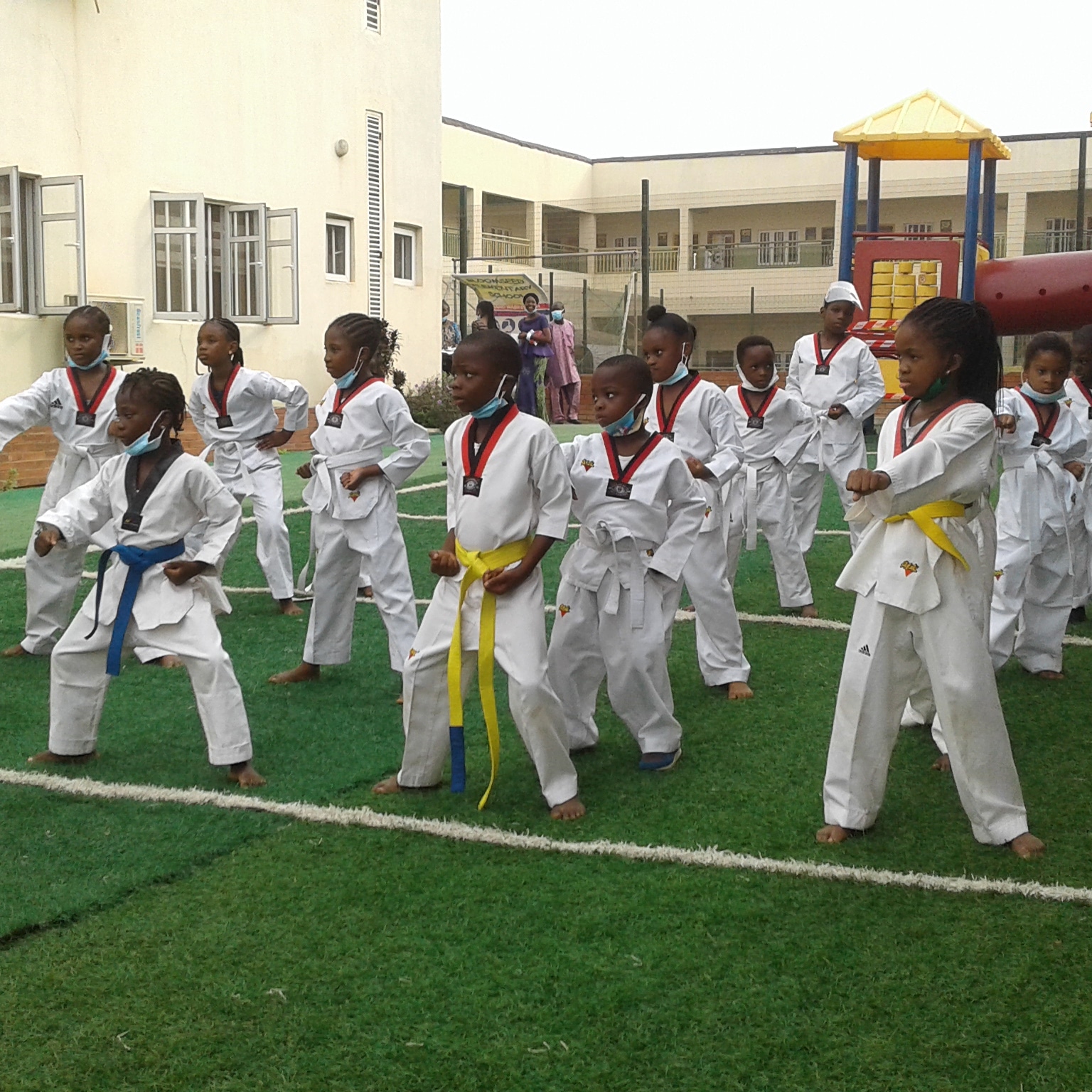The idea of raising a prodigy has fascinated people for centuries. From Mozart to Einstein, we have heard of individuals who displayed exceptional talent at a young age and achieved great success in their fields. However, there is much debate on whether prodigious talent is innate or developed through hard work and dedication. In this article, we will explore the scientific evidence behind raising a prodigy and provide real-life examples of individuals who have achieved prodigious success.
What is a prodigy? A prodigy is defined as a person who displays exceptional talent or ability at a young age. This can range from music and art to mathematics and science. Prodigies often display advanced skills that are not typical for their age group and may have a natural inclination towards their chosen field of expertise.
How to raise a prodigy: There is no one-size-fits-all approach to raising a prodigy. However, there are several key factors that have been found to contribute to the development of exceptional talent in children.
- Early exposure to the field: Many prodigies display an interest in their chosen field at a young age. Providing early exposure to the field can help nurture this interest and encourage the child to pursue their passion. For example, introducing a child to music at a young age can help them develop their musical skills and potentially become a prodigy in the future.
- Supportive environment: A supportive environment can make a big difference in the development of a prodigy. This includes supportive parents, teachers, and mentors who provide guidance and encouragement. It is important for parents to recognize their child’s talent and provide them with the resources they need to succeed.
- Practice and hard work: While some level of natural talent is required for prodigious success, practice and hard work are also essential. Prodigies often spend countless hours practicing and perfecting their skills. Parents should encourage their child to practice regularly and provide them with the resources they need to improve their skills.
- Focus on intrinsic motivation: Prodigies often display an intrinsic motivation to excel in their chosen field. This means that they are motivated by a love of the activity itself rather than external rewards such as fame or money. Parents should focus on cultivating this intrinsic motivation in their child and encourage them to pursue their passion for the sake of the activity itself.
- Flexibility: While it is important to provide early exposure and support to a child’s chosen field, it is also important to be flexible. Children may change their interests over time and it is important for parents to support their child’s changing interests and encourage them to explore new activities.
Real-life examples of prodigies:
- Wolfgang Amadeus Mozart – Mozart is perhaps the most famous prodigy in history. He displayed exceptional musical talent at a young age and composed his first piece at the age of five.

- Pablo Picasso – Picasso showed an early talent for art and completed his first painting at the age of nine. He went on to become one of the most influential artists of the 20th century.
- Adewumi is an eleven-year-old chess prodigy. He first made headlines when he won the 2019 New York State K-3 Chess Championship while living in a homeless shelter. Last year, he became a national chess master, making him the 28th youngest person to achieve that title. He still wants to become the game’s youngest-ever grandmaster, so he practices for 8 to 10 hours a day.

- Bobby Fischer – Fischer became a chess prodigy at a young age and went on to become a world champion. He started playing chess at the age of six and became a Grandmaster at the age of 15.

- Terence Tao – Tao is a mathematician who displayed exceptional talent in the field at a young age. He completed his first published research paper at the age of 15 and became a full professor at the age of 31.

- Kareem Olamilekan Waris: Kareem shot to international fame in July 2018 after drawing the portrait of French President Emmanuel Macron in two hours. He was eleven at the time and has since then joined the cohort of maestro hyperrealists in Nigeria. His passion for arts started as early as six years, and he is Africa’s youngest hyperrealism artist.
Kareem is a proud recipient of Taiwan’s Chou Ta-Kuan Cultural and Educational Foundation’s Global Award in 2019, the 22nd Fervent Global Love of Lives Awards, and an ambassador for Ecobank Nigeria. With an Instagram following of more than 144,000 (waspa_art), Kareem has initiated at least three exhibitions in Lagos and Taiwan. The themes surrounding his works are often socio-cultural and political. For him, any child interested in art is for them to stay focused, dedicated, patient and hardworking.

- Yo-Yo Ma – Ma is a world-renowned cellist. Born and partially raised in Paris to Chinese parents and educated in New York City, he was a child prodigy, performing from the age of four and a half.

Finally, raising a prodigy is a complex and multi-faceted task that requires a delicate balance of nurturing and discipline. While there is no one-size-fits-all approach, scientific research and the experiences of real-life prodigies offer valuable insights into what it takes to raise a child with exceptional talents and abilities.
The most important thing to keep in mind is that prodigies are not simply born, they are made. A supportive and challenging environment that fosters a love of learning and exploration, combined with a strong work ethic and a passion for the subject at hand, is key to unlocking a child’s potential.
As parents, it’s important to be aware of the potential risks and pitfalls of raising a prodigy. Overzealousness, unrealistic expectations, and pushing a child too hard can all have negative consequences on a child’s mental health and wellbeing. At the same time, underestimating a child’s abilities and failing to provide them with the resources and opportunities they need to succeed can also hold them back.
Ultimately, the key to raising a prodigy is to strike a balance between nurturing their talents and allowing them to be children. Providing them with the tools they need to succeed, while also giving them the freedom to explore and grow on their own terms, is essential to helping them reach their full potential.
References:
- Winner, E. (2000). The origins and ends of giftedness. American psychologist, 55(1), 159-169.
- Heller, K. A., & Perleth, C. (2000). The Munich high ability test battery. In Handbook of psychological assessment (pp. 317-335). John Wiley & Sons Inc.
- Simonton, D. K. (1999). Talent and its development: An emergenic and epigenetic model. Psychological review, 106(3), 435-457.
- Subotnik, R. F., Olszewski-Kubilius, P., & Worrell, F. C. (2011). Rethinking giftedness and gifted education: A proposed direction forward based on psychological science. Psychological Science in the Public Interest, 12(1), 3-54.
- Benbow, C. P., & Lubinski, D. (2000). An introduction to the study of mathematically precocious youths. In Handbook of gifted education (pp. 181-193). Allyn and Bacon.
- Davidson, J. E., & Davidson, B. (2004). Genius denied: How to stop wasting our brightest young minds. Simon and Schuster.
- Robinson, A. (2006). Out of our minds: Learning to be creative. Capstone.
- Winner, E. (1996). Gifted children: Myths and realities. Basic Books.
- Sosniak, L. A., & Perlman, R. (1990). The child prodigy: A guide for parents and teachers. Teachers College Press.
- Bloom, B. S. (1985). Developing talent in young people. Ballantine Books.





